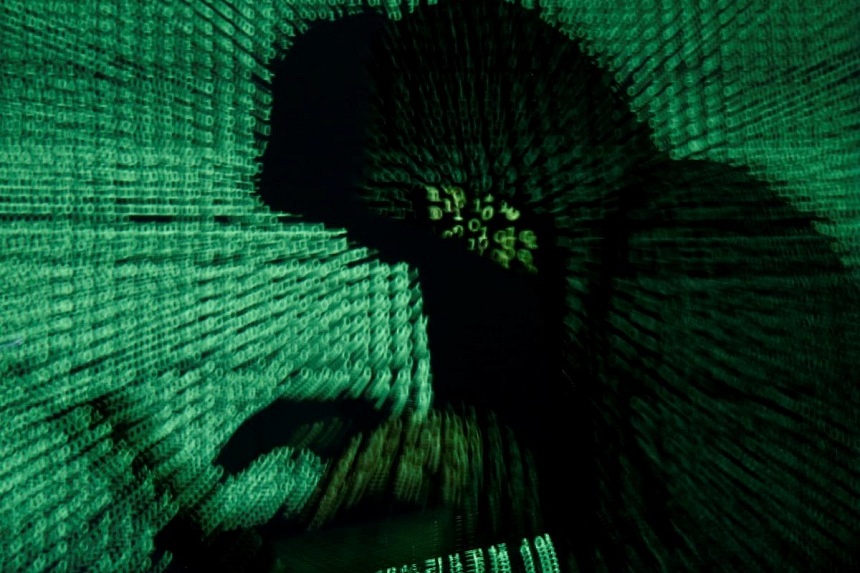
Similar Posts
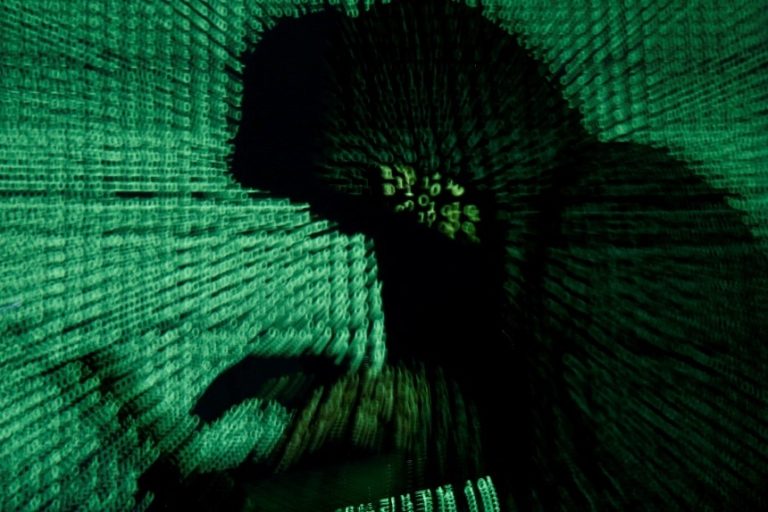
WASHINGTON – Chinese state-affiliated hackers intercepted audio from the phone calls of US political figures including an unnamed campaign adviser of Republican presidential candidate Donald Trump, the Washington Post reported on Oct 27.
The FBI and the US Cybersecurity and Infrastructure Security Agency said on Oct 25 they were investigating unauthorised access to commercial telecommunications infrastructure by people associated with China.
Trump’s campaign and the FBI did not immediately respond to a request for comment.
The Post also reported the hackers were able to access unencrypted communications like text messages, of the individual.
Reuters reported on Oct 25 that Chinese hackers also targeted phones used by people affiliated with the campaign of Democratic presidential candidate Kamala Harris.
Trump and his running mate, J.D. Vance, were targeted, various media outlets reported last week.
The Trump campaign was made aware last week that Trump and Mr Vance were among a number of people inside and outside of government whose phone numbers were targeted through the infiltration of Verizon phone systems, the New York Times reported on Oct 25.
The Trump campaign was hacked earlier in 2024. The US Justice Department charged three members of Iran’s Revolutionary Guard Corps with the hack, accusing them of trying to disrupt the Nov 5 election.
Verizon said on Oct 25 it was aware of a sophisticated attempt to target US telecoms and gather intelligence and is working with law enforcement.
Congress is also investigating and earlier this month U.S. lawmakers asked AT&T, Verizon and Lumen Technologies to answer questions about reports Chinese hackers accessed the networks of U.S. broadband providers.
The Chinese embassy in Washington said last week it was unaware of the specific situation but said China opposes and combats cyber attacks and cyber thefts in all forms. REUTERS
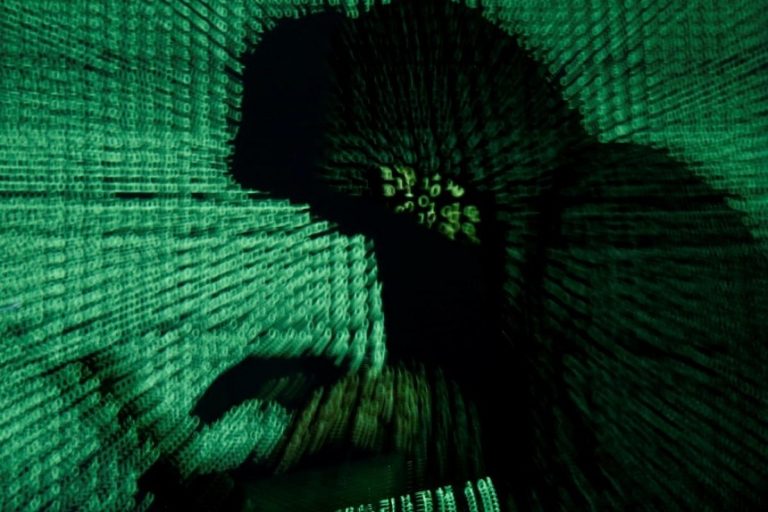
An Iranian hacking group is actively scouting U.S. election-related websites and American media outlets as election day nears, according to a new Microsoft blog published on Wednesday. Researchers say the activity suggests “preparations for more direct influence operations.”
The hackers – dubbed Cotton Sandstorm by Microsoft and linked to Iran’s Islamic Revolutionary Guard Corps – performed reconnaissance and limited probing of multiple “election-related websites” in several unnamed swing states, the report notes. In May, they also scanned an unidentified U.S. news outlet to understand its vulnerabilities.
“Cotton Sandstorm will increase its activity as the election nears given the group’s operational tempo and history of election interference,” researchers wrote. The development is particularly concerning because of the group’s past efforts.
Iran’s mission to the United Nations did not immediately respond to a request for comment. In recent past comments, they denied any involvement in 2024 election-related hacking activity.
In 2020, Cotton Sandstorm launched a different cyber-enabled influence operation shortly before the last presidential election. Posing as the right-wing “Proud Boys,” the hackers sent thousands of emails to Florida residents, threatening them to “vote for Trump or else!”.
The group also released a video on social media, purporting to come from hacktivists, where they showed them probing an election system. While that operation never affected individual voting systems, the goal was to cause chaos, confusion and doubt, senior U.S. officials said at the time.
Following the 2020 election, Cotton Sandstorm also ran a separate operation that encouraged violence against U.S. election officials who had denied claims of widespread voter fraud, Microsoft said.
The Office of the Director of National Intelligence, which is coordinating the federal effort to defend the election from foreign influence, did not immediately respond to a request for comment. REUTERS

WASHINGTON – A U.S. Senate Judiciary subcommittee overseeing technology issues will hold a hearing Tuesday on Chinese hacking incidents, including a recent incident involving American telecom companies.
The hearing to be chaired by Senator Richard Blumenthal will review the threats “Chinese hacking and influence pose to our democracy, national security, and economy,” his office said, adding the senator plans “to raise concerns about Elon Musk’s potential conflicts of interest with China as Mr. Musk becomes increasingly involved in government affairs.”
Musk, the head of electric car company Tesla, social media platform X and rocket company SpaceX, emerged during the election campaign as a major supporter of U.S. President-elect Donald Trump. Trump appointed him as co-head of a newly created Department of Government Efficiency to “slash excess regulations, cut wasteful expenditures, and restructure Federal Agencies.”
Musk, who was in China in April and reportedly proposed testing Tesla’s advanced driver-assistance package in China by deploying it in robotaxis, did not immediately to requests for comment.
The hearing will include CrowdStrike Senior Vice President Adam Meyers and Telecommunications Industry Association CEO David Stehlin, Strategy Risks CEO Isaac Stone Fish and Sam Bresnick, research fellow at the Center for Security and Emerging Technology at Georgetown University,
Last week, U.S. authorities said China-linked hackers have intercepted surveillance data intended for American law enforcement agencies after breaking in to an unspecified number of telecom companies, U.S. authorities said on Wednesday.
The hackers compromised the networks of “multiple telecommunications companies” and stole U.S. customer call records and communications from “a limited number of individuals who are primarily involved in government or political activity,” according to a joint statement released by the FBI and the U.S. cyber watchdog agency CISA.
The announcement confirmed the broad outlines of previous media reports that Chinese hackers were believed to have opened a back door into the interception systems used by law enforcement to surveil Americans’ telecommunications.
It follows reports Chinese hackers targeted telephones belonging to then-presidential and vice presidential candidates Donald Trump and JD Vance, along with other senior political figures, raised widespread concern over the security of U.S. telecommunications infrastructure.
Beijing has repeatedly denied claims by the U.S. government and others that it has used hackers to break into foreign computer systems.
Last month, a bipartisan group of U.S. lawmakers asked AT&T, Verizon Communications and Lumen Technologies to answer questions about the reporting hacking of the networks of U.S. broadband providers. REUTERS
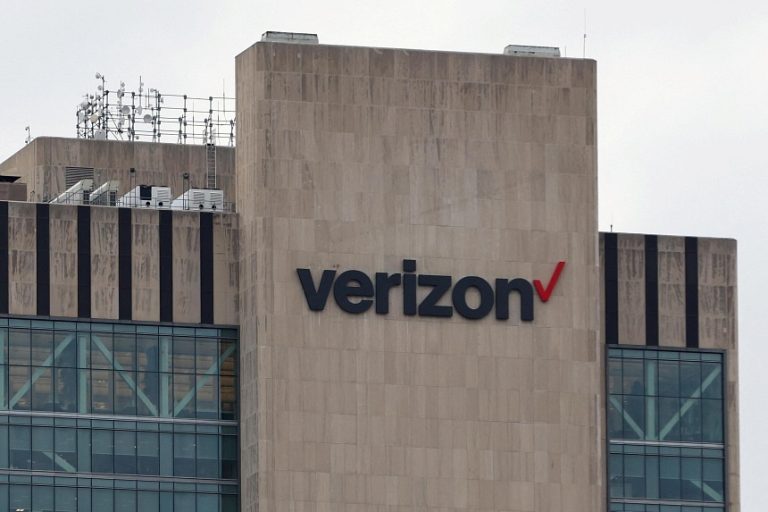
MARYLAND – The director of the US National Security Agency on Nov 20 urged the private sector to take swift, collective action to share key details about breaches they have suffered at the hands of Chinese hackers who have infiltrated US telecommunications.
General Timothy Haugh, a four-star Air Force general who leads the NSA and Cyber Command, told Bloomberg News at the National Security Innovation Forum in Washington that public disclosure would help find and oust the hackers, as the US continues to try to understand a new spate of damaging mass breaches.
In calling for more disclosure, General Haugh didn’t identity specific companies.
General Haugh said he wants to provide a public “hunt guide” so cybersecurity professionals and companies can search out the hackers and eradicate them from telecommunications networks.
“The ultimate goal would be to be able to lay bare exactly what happened in ways that allow us to better posture as a nation and for our allies to be better postured,” he said, adding the US is reliant on industry to share insights into what happened on their own networks.
US authorities have confirmed Chinese hackers have infiltrated US telecommunications in what Senator Richard Blumenthal, a Connecticut Democrat, this week described as a “sprawling and catastrophic” infiltration. AT&T Inc, Verizon Communications Inc and T-Mobile are among those targeted.
Through those intrusions, the hackers targeted communications of a “limited number” of people in politics and government, US officials have said.
They include Vice-President Kamala Harris’ staff, president-elect Donald Trump and vice-president-elect JD Vance, as well as staffers for Senate Majority Leader Chuck Schumer, according to Missouri Republican Senator Josh Hawley.
Representatives of the Chinese government have denied the allegations.
China is “doing this on a scale en masse and as a national effort,” General Haugh said.
The US experience and response is more disjointed, given the limited reach of different law enforcement agencies and the dependence on information from the private sector. There are multiple investigations underway associated with the telecommunications breaches, he said.
“Everybody is in a slightly different place as it relates to Salt Typhoon,” General Haugh said, referring to Microsoft Corporation’s name for the group believed to be behind the telecommunications breaches.
Two cybersecurity experts who requested anonymity to speak freely have privately complained about the lack of information shared that could otherwise help them and others understand, find and tackle the hacks.
Detailed public disclosures would mean that even if some companies haven’t seen the intrusions yet, “they can begin to put countermeasures in place,” General Haugh said. It would also help other nations uncover and root it out too, General Haugh said.
“It’s going to take collective work,” he said, adding the “speed” with which everyone collaborates is a key step. BLOOMBERG
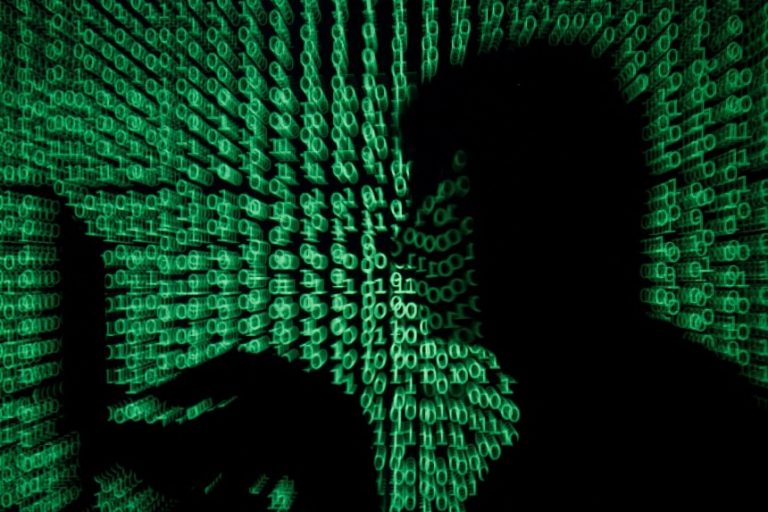
WASHINGTON – Russian hackers are going after US government officials, defence workers and others in a new email phishing campaign targeting thousands of people, according to Microsoft Corp.
The hackers have sent “a series of highly targeted spearphishing emails” to thousands of people in more than 100 organisations since Oct 22, according to a blog post from Microsoft Threat Intelligence published on Oct 29.
The latest campaign will add to mounting concerns over US failures to outwit suspected Russian and Chinese hackers.
The FBI said on Oct 25 it is investigating unauthorised access by Chinese state-affiliated hackers targeting the commercial telecommunications sector.
In some of the emails that were part of the latest campaign, the senders impersonated Microsoft employees, according to the blog.
Spearphishing involves sending tailored emails to individuals, including links to malicious websites that can then steal information.
It wasn’t immediately clear how many of the attacks, if any, were successful.
Microsoft has said the attacks are perpetrated by a sophisticated Russian nation-state group it calls Midnight Blizzard, which US and UK governments have connected to the SVR, the Russian foreign intelligence service.
The company said in January that the group attacked its corporate systems, getting into a “small number” of email accounts, including senior leadership and employees who work in cybersecurity and legal.
In April, US federal agencies were ordered to analyse emails, reset compromised credentials and work to secure Microsoft accounts.
At the time, the Cybersecurity and Infrastructure Security Agency (Cisa) said the incident represented a “grave and unacceptable risk” to agencies, according to the April directive.
Cisa and US State Department didn’t immediately respond to requests for comment.
The Russian Embassy in Washington didn’t immediately respond to a request for comment. BLOOMBERG

WASHINGTON – China-linked hackers have intercepted surveillance data intended for American law enforcement agencies after breaking in to an unspecified number of telecom companies, US authorities said on Nov 13.
The hackers compromised the networks of “multiple telecommunications companies” and stole US customer call records and communications from “a limited number of individuals who are primarily involved in government or political activity”, according to a joint statement released by the Federal Bureau of Investigation (FBI) and the US cyber watchdog agency CISA.
The two agencies said the hackers also copied “certain information that was subject to US law enforcement requests pursuant to court orders”.
The statement gave few other details, and the Cybersecurity and Infrastructure Security Agency immediately responded to a request for comment.
The FBI declined to comment.
The announcement confirms the broad outlines of previous media reports, especially those in the Wall Street Journal, that Chinese hackers were feared to have opened a back door into the interception systems used by law enforcement to surveil Americans’ telecommunications.
That, combined with reports that Chinese hackers had targeted telephones belonging to then-presidential and vice-presidential candidates Donald Trump and J.D. Vance, along with other senior political figures, raised widespread concern over the security of America’s telecommunications infrastructure.
The matter is already slated for investigation by the Department of Homeland Security’s Cyber Safety Review Board, which was set up to analyse the causes and fallout of major digital security incidents.
The Chinese Embassy in Washington did not immediately return a message seeking comment. Beijing routinely denies US hacking allegations. REUTERS
